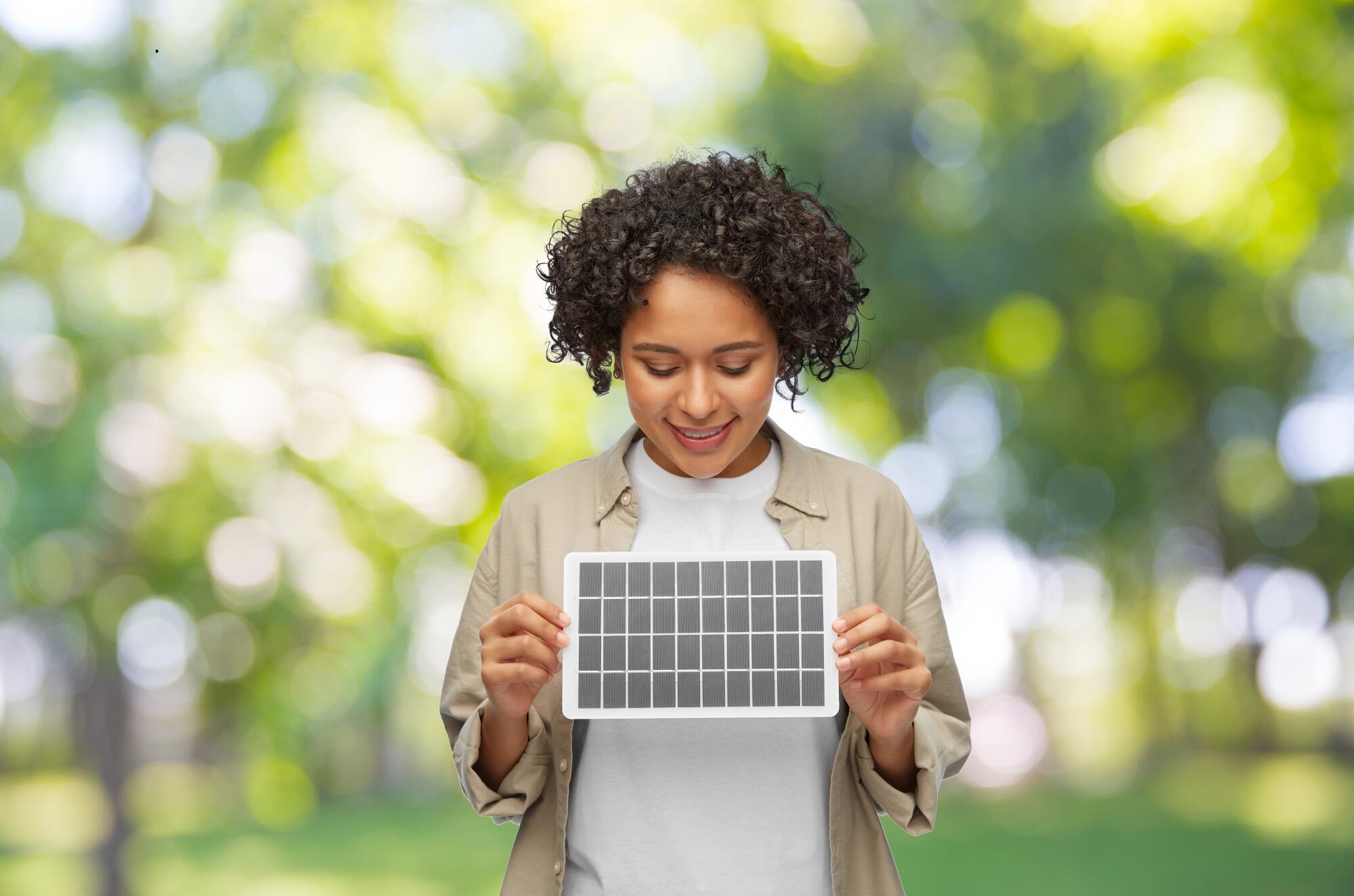Investing in solar energy is a smart decision for both the environment and your wallet.
A crucial component of any solar power system is the solar hybrid inverter. It does not only convert the direct current (DC) generated by your solar panels into alternating current (AC) for household use. It also integrates multiple energy sources and optimizes power storage.
Choosing the right hybrid solar inverter requires careful consideration of your specific energy needs and budget. In this article, we’ll guide you through the key factors to help you make an informed decision.
Assessing Your Energy Needs
Before you start shopping for a hybrid solar inverter, it’s important to have a clear understanding of your energy consumption and production.
Determine Your Energy Consumption
Before picking a hybrid solar inverter, you must understand your energy use. Analyze your utility bills to determine your average monthly usage. This information will help you size your inverter appropriately.
Consider Your Energy Sources
Hybrid inverters for solar are designed to work with multiple energy sources, such as solar panels, batteries, and the grid. Assess the availability and reliability of these sources in your area.
If you have frequent power outages, investing in a system with a battery backup might be wise. Consult home solar experts in wilmington to evaluate your options and design a system tailored to your needs.
Budgeting for Your Solar Hybrid Inverter
The initial cost of a solar hybrid inverter may seem daunting, but it’s important to consider the long-term savings.
Initial Costs vs. Long-term Savings
While the upfront cost of a hybrid solar inverter can be substantial, it’s important to consider the long-term savings. Good inverters are efficient and durable.
They give better returns on investment over time. Consider the potential cut to your electricity bills. Also, think about incentives and tax credits. Include these in your budget.
Balancing Features and Costs
Hybrid inverters for solar have many features. These include advanced monitoring systems, remote control, and integration with smart home devices.
While these features can enhance convenience and efficiency, they also add to the cost. Prioritize the features that align with your specific needs and budget.
Key Features to Consider
When comparing hybrid inverters for solar, there are a few key features to consider.
Inverter Efficiency
Efficiency is a critical factor in choosing a solar hybrid inverter. Higher efficiency means more of the energy generated by your solar panels is converted into usable electricity.
Look for inverters with high-efficiency ratings to maximize your system’s performance and savings.
Battery Compatibility
If you plan to incorporate battery storage, ensure the inverter is compatible with your chosen battery type. Some inverters are designed to work well with specific batteries.
This setup provides better integration and performance. Check the manufacturer’s specifications and consult with professionals to ensure compatibility.
Warranty and Support
A reliable warranty and robust customer support are essential when investing in a hybrid solar inverter. A good warranty indicates the manufacturer’s confidence in their product’s durability.
Also, helpful customer support can resolve issues quickly. This minimizes downtime and keeps your system running well.
Making an Informed Decision
You need the right solar hybrid inverter for your energy needs and budget. Choosing it requires careful thought about many factors. These include energy use patterns and budget limits.
Buying a solar hybrid inverter is a big step. It moves you towards energy independence and sustainability. Make the right choice. You can enjoy clean, renewable energy. It will optimize your system’s efficiency and longevity.
Keep on exploring! Dive deeper into our wealth of resources by checking out more articles on our blog.





Be First to Comment